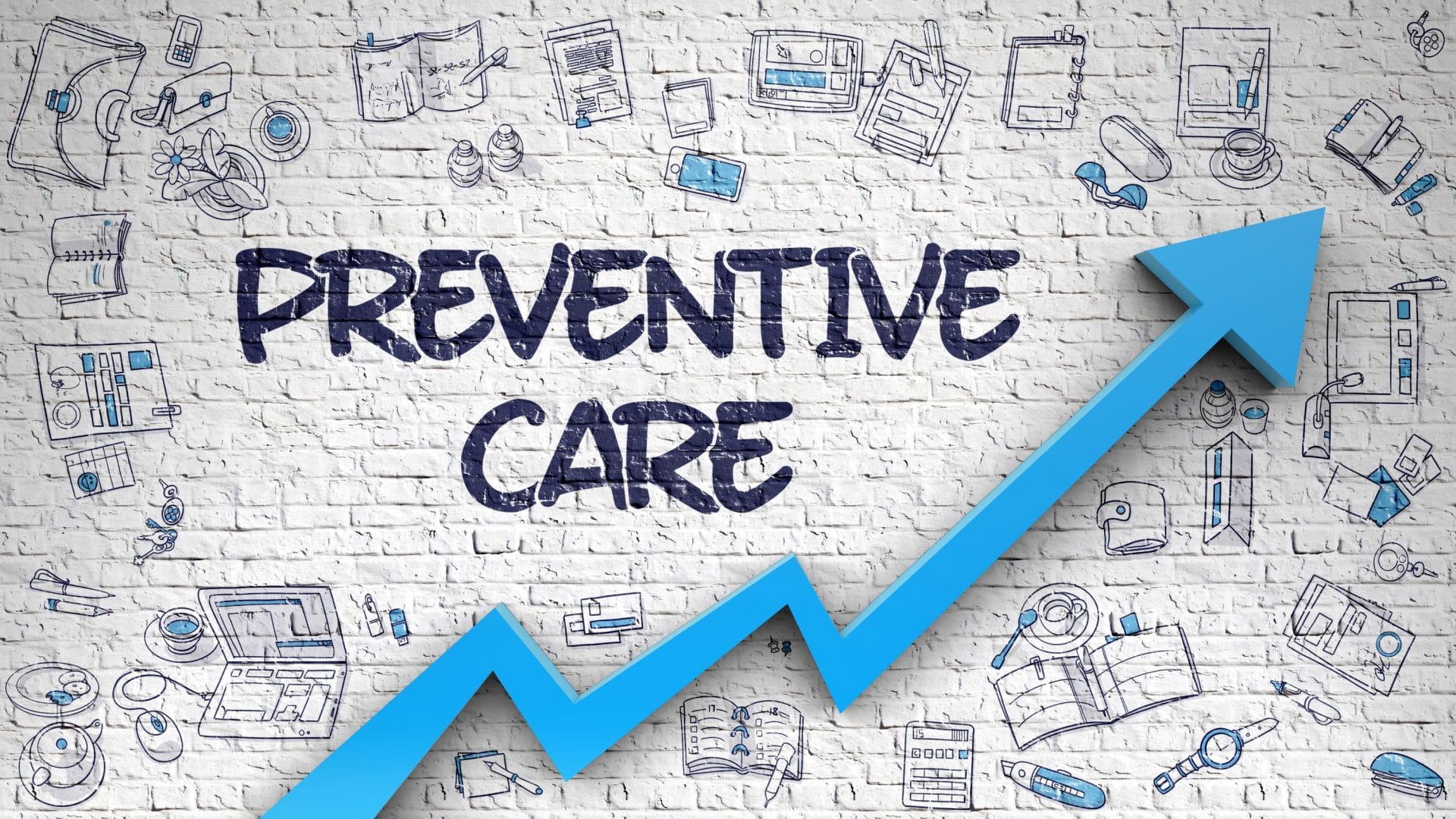In today’s fast-paced world, it’s easy to get caught up in pressing matters—work deadlines, school events, and social engagements. Amid these distractions, your family’s health might take a backseat.
But consider preventive family medical care a critical investment for a brighter future. This care addresses current health and sets the stage for a healthier tomorrow for your loved ones.
You can shield your family from major medical complications by recognizing the benefits of early detection, regular check-ups, and a health-conscious lifestyle. The reward? A life full of energy and vitality.
Understanding The Role Of Preventive Care
Starting a health journey can feel daunting, but the benefits are invaluable. Your first step? Choosing a reputable medical clinic. This isn’t just about treating illnesses; it’s about finding experts to guide you in preventive practices. Such clinics often have specialists who draft health plans tailored to your family’s unique needs.
Knowing common illnesses, their early signs, and risk factors makes you better prepared to stave off potential health threats. This understanding also empowers you to make well-informed decisions about lifestyle changes and preventive strategies.
To reinforce this, initiate health-focused conversations at family gatherings, delve into the benefits of a balanced diet, and champion consistent physical activity. This nurtures a culture where each family member becomes knowledgeable and responsible for their health.
Benefits Of Regular Check-ups
Doctor visits aren’t just for when you’re sick. They play an essential role in early detection, timely vaccinations, and tracking health trends; by regularly seeing a doctor, a bond forms, enabling them to pinpoint your family’s health patterns.
This rapport can lead to more accurate diagnoses and quicker treatments. Tests like mammograms or cholesterol screenings can spot early problems, enabling timely interventions. Acting quickly often results in better outcomes and less aggressive treatments.
The Power Of Vaccination
Vaccines are a cornerstone of modern healthcare, protecting individuals and communities from contagious diseases. It’s vital to stay updated with your family’s vaccine schedule.
Following this schedule can protect your family from diseases like measles and whooping cough.
And remember, vaccines aren’t just for kids. Some adults might require specific shots or boosters, especially if they missed any during their youth. Always consult a healthcare provider to stay on track.
A Nutrient-Rich Diet: Your Daily Shield
What you eat significantly impacts your health. A diet rich in vitamins and minerals bolsters immunity and prevents chronic illnesses.
Aim to include a mix of fruits, vegetables, lean proteins, and whole grains. These choices can reduce the risk of obesity, heart issues, and diabetes.
While occasional indulgences are okay, limiting the consumption of processed foods, sugary drinks, and excessive fats is vital. A consistent, nutrient-packed diet is your gateway to lasting wellness.
Physical Activity: More Than Just Exercise
Regular physical activity benefits go beyond weight management. It helps prevent chronic diseases, strengthens bones, and improves mood.
Choose activities you enjoy—whether it’s walking, dancing, or biking. When you find joy in movement, it becomes a natural part of your day.
For children, play is a form of exercise. Encourage outdoor games, swimming, or group sports. These not only boost physical health but also foster cognitive and social growth.
Mental Health: The Silent Pillar
Though physical health often gets more attention, mental health is equally crucial. Ignoring stress or emotional challenges can lead to significant health issues.
Foster an environment where family members feel comfortable discussing their emotions and struggles. Spotting signs of emotional distress early and seeking help when needed can be a game-changer.
Sometimes, even a simple conversation can provide relief. Incorporate calming practices like meditation or deep breathing exercises. Valuing mental health ensures a balanced and enriched life.
Sleep: Nature’s Best Medicine
Sleep does more than just rest the body; it rejuvenates the mind and consolidates memories. A regular sleep schedule aligns with your body’s internal clock. Your sleep environment also matters.
Consider enhancing your bedroom with blackout curtains or white noise machines. Even minor tweaks, like regulating room humidity, can make a difference. Avoid stimulants like caffeine before bed. Engage in calming pre-sleep activities like reading or light yoga.
The digital age presents challenges, like excessive screen time. The blue light from devices can hamper melatonin production, which is essential for sleep. Try to unplug at least an hour before bedtime. If you struggle to fall asleep, engage in a relaxing activity until sleepiness takes over.
The Role Of Hydration
Staying hydrated isn’t just about satisfying thirst—it’s vital for body functionality. Each cell and organ relies on water. Proper hydration aids metabolism and ensures efficient nutrient absorption.
Besides aiding digestion, staying hydrated also benefits the skin by maintaining moisture, rejuvenating skin cells, and potentially delaying signs of aging. Since the brain is mostly water, it requires hydration for cognitive functions.
To ensure you’re drinking enough, set reminders or explore hydration-tracking apps. If you want a flavorful twist, infuse water with fruits or herbs.
Harnessing The Power Of Technology
In today’s tech-savvy age, using digital tools can boost health outcomes. Many apps and wearables offer feedback based on daily activities. Tracking steps, sleep, and heart rate with these tools provides insights that can guide healthier habits.
Telehealth is reshaping interactions with healthcare professionals. Virtual visits remove geographical limitations, granting you access to experts from anywhere. This convenience ensures you’re always connected, ready to ask questions, and receive advice without needing a physical appointment.
Creating A Supportive Environment
A supportive environment is vital for maintaining health. Your surroundings influence habits and choices. Establishing a home that emphasizes wellness—through motivating quotes, accessible workout equipment, or a pantry filled with nutritious snacks—makes healthier options more accessible.
Celebrate every health milestone, whether a fitness achievement or a healthy meal choice. Positive reinforcement within the family creates a collective atmosphere of wellness.
Limiting Environmental Risks
Your living environment directly affects your health. Indoor air can contain allergens like dust, pet dander, or mold.
Frequent cleaning, HEPA filters, and changing air conditioner filters can reduce these contaminants. Consider the products you use at home; some cleaning supplies might contain harmful chemicals.
Certain plants, such as spiders and snakes, can purify the air. Periodic home assessments can highlight and tackle potential health risks.
Conclusion
Among all pursuits, prioritizing your family’s health stands out. Emphasizing preventive care today not only maintains the present but also shapes a vibrant, health-focused future. Embrace this proactive approach and revel in its transformative results.








